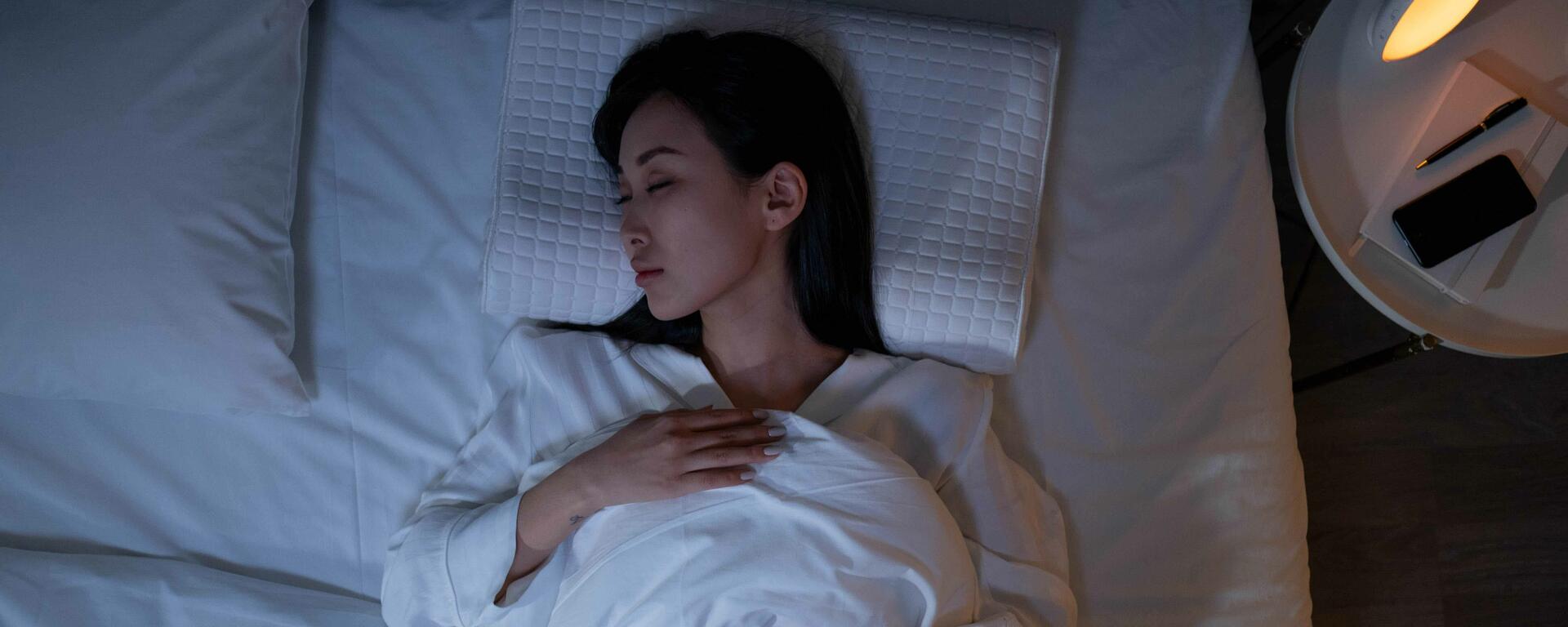
I-CAN Sleep Study
A comparative effectiveness study
Protocol & Follow-Up
I-CAN Sleep was our next comparative effectiveness type of study, again comparing two active interventions for cancer survivors. It was a PhD project for Dr. Sheila Garland, and was designed as a non-inferiority trial to determine if MBCR would be non-inferior to the gold standard treatment for insomnia, CBT-I.
See the protocol paper here:
Garland, S. N., Carlson, L. E., Antle, M., Samuels, C., & Campbell, T. (2011). I-CAN SLEEP: Rationale and Design of a non-inferiority RCT of Mindfulness-Based Stress Reduction (MBSR) and Cognitive Behavioral Therapy (CBT) for the treatment of Insomnia in CANcer survivors. Contemporary Clinical Trials, 32. Impact Factor 1.82 doi:10.1016/j.cct.2011.05.014
It was a follow-up study from Dr. Garland’s previous honours work wherein we investigated the pre-post changes after MBCR on sleep outcomes in a broad range of people with cancer, measured by the Pittsburgh Sleep Quality Index.
View that paper here:
Carlson, L.E. & Garland, S. (2005). Impact of Mindfulness-Based Stress Reduction (MBSR) on Sleep, Mood, Stress and Fatigue Symptoms in Cancer Outpatients. International Journal of Behavioral Medicine, 2005;12(4):278-85.
Primary Outcomes, Measures, & Secondary Outcomes
In that study we found significant improvements on a range of sleep outcomes, which prompted the idea for the non-inferiority trial in patients formally diagnosed with insomnia, as in the previous trial we took people with all range of sleep quality at the outset. Sheila wrote a grant for this project, which was funded by the CCSRI, and we were able to recruit over 100 people to the trial.
Our primary outcomes showed that MBCR was indeed inferior to CBT-I for treating insomnia in the short term (post-program), but over a 3-month follow-up period MBCR proved non-inferior. Both programs had similar benefits on other outcomes such as stress, quality of life, fatigue and depression symptoms.
Garland, S.N, Carlson, L.E., Stephens, A.J., Antle, M.C., Samuels, C., and Campbell, T.S., (2014). Mindfulness-Based Stress Reduction Compared With Cognitive Behavioral Therapy for the Treatment of Insomnia Comorbid With Cancer: A Randomized, Partially Blinded, Noninferiority Trial. JCO. 2014Feb10; 32(5): 449-57.
In the baseline data from the I-CAN Sleep study we also observed correlations between levels of mindfulness and sleep measures, supporting the rationale for the effects that were found:
Garland, S.N., Campell, T., Samuels, C., Carlson, L.E., (2013). Dispositional mindfulness, insomnia, sleep quality and dysfunctional sleep beliefs in post-treatment cancer patients. Personality and Individual Differences. July2013: 55(3): 306-311. doi:10.1016/j.paid.2013.03.003
All the secondary outcomes were further published in a follow-up study, showing benefit across treatments over a range of outcomes:
Garland, S. N., Rouleau, C. R., Campbell, T., Samuels, C., & Carlson, L. E. (2015). The Comparative Impact of Mindfulness-Based Cancer Recovery (MBCR) and Cognitive Behavior Therapy for Insomnia (CBT-I) on Sleep and Mindfulness in Cancer Patients. Explore: The Journal of Science and Healing. 2015 Aug 20. pii: S1550-8307(15)00148-2.

